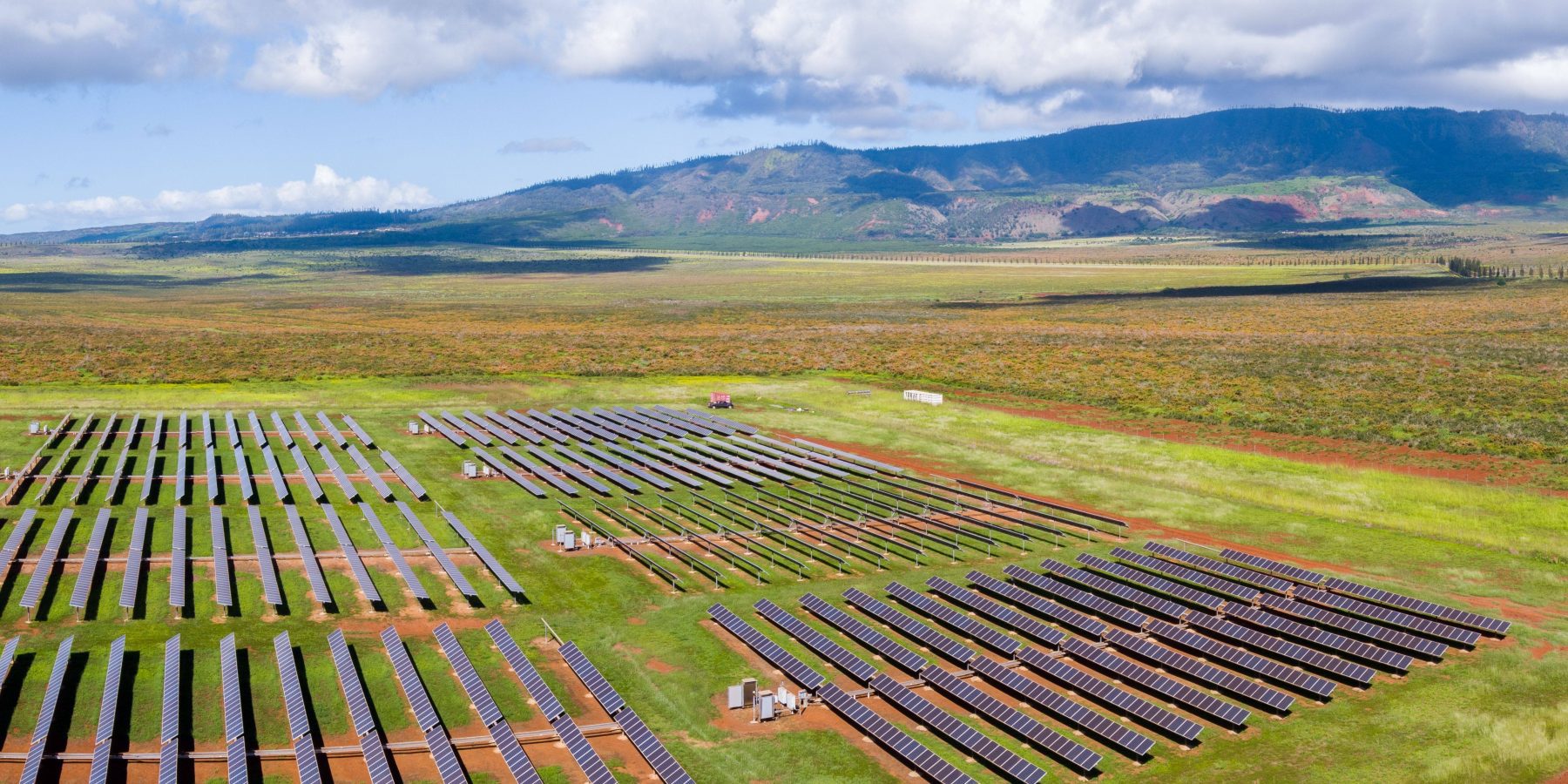
ENERGY LANDSCAPE
Hawai‘i’s people and economy rely on the constant availability of energy. Today, these needs are met with an increasingly cleaner combination of energy sources. By 2045, Hawai‘i expects all of its energy needs to be met with renewable sources.

THE ENERGY PRODUCED AND CONSUMED IN Hawai‘i IS PRIMARILY ELECTRICITY OR USED FOR TRANSPORTATION.

